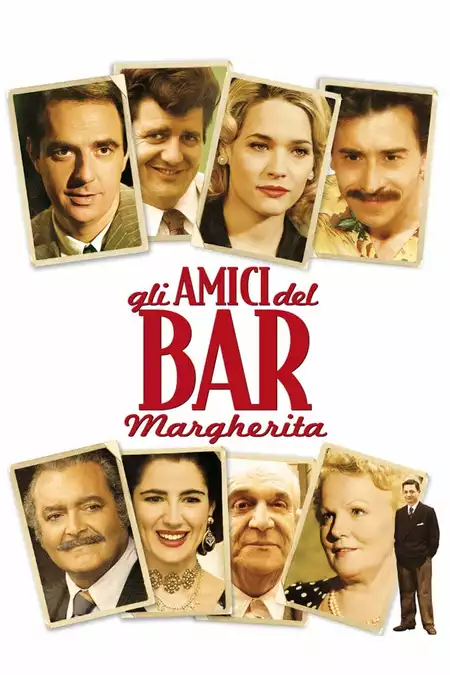Amarcord (1973)
Amarcord (1973)
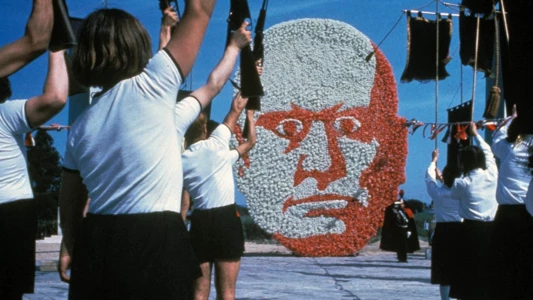
Plot.
Where to Watch.
 Rent
Rent Rent
Rent Subs
Subs Rent
Rent Rent
Rent Subs
Subs Subs
Subs Subs
Subs Rent
RentCurrently Amarcord is available for streaming online, rent, buy or watch for free on: Apple TV, Amazon Video, Criterion Channel, Google Play Movies, YouTube, Max Amazon Channel, Max, TCM Amazon Channel, Fandango At Home
Streaming in:🇺🇸 United States

Cast & Crew.

Pupella Maggio
Miranda Biondi

Armando Brancia
Aurelio Biondi

Magali Noël
Gradisca

Ciccio Ingrassia
Teo, Titta's Uncle

Nando Orfei
Patacca, Titta's Uncle

Luigi Rossi
Lawyer

Bruno Zanin
Titta Biondi

Gianfilippo Carcano
Don Baravelli

Josiane Tanzilli
Volpina

Maria Antonietta Beluzzi
Tobacconist

Giuseppe Ianigro
Titta's Grandfather

Ferruccio Brembilla
Fascist Leader

Antonino Faà di Bruno
Count Lovignano

Mauro Misul
Philosophy Teacher

Ferdinando Villella
Fighetta, Greek Teacher

Antonio Spaccatini
Federale

Aristide Caporale
Giudizio

Gennaro Ombra
Biscein

Domenico Pertica
Cantarel's Blind Man

Marcella Di Falco
Prince

Alvaro Vitali
Naso

Bruno Scagnetti
Ovo

Fernando De Felice
Cicco

Bruno Lenzi
Gigliozzi

Gianfranco Marrocco
Count Poltavo

Francesco Vona
Candela

Donatella Gambini
Aldina Cordini

Dina Adorni
Math Teacher (uncredited)

Clemente Baccherini
Caffè Commercio Owner (uncredited)

Paolo Baroni
Student (uncredited)

Torindo Bernardi
Priest's Assistant (uncredited)

Bruno Bertocci
Matteo (uncredited)

Marcello Bonini Olas
Teacher (uncredited)

Vincenzo Caldarola
Homeless (uncredited)

Amerigo Castrighella
Patacca's Friend (uncredited)

Dante Cleri
Teacher (uncredited)

Manlio Dalla Pria
Hotel Receptionist (uncredited)

Rolando De Santis
Barista (uncredited)

Mario Del Vago
Motorcyclist (uncredited)

Francesco Di Giacomo
Security (uncredited)

Gianni Di Segni
Man Lighting the Bonfire (uncredited)

Carmela Eusepi
Young Countess of Lovignano (uncredited)

Dario Giacomelli
Patacca's Friend (uncredited)

Veriano Ginesi
Lifeguard (uncredited)

Marco Laurentino
War-Wounded Man (uncredited)

Mario Liberati
Colman, the Cinema Owner (uncredited)

Fiorella Magaloti
Gradisca's Elder Sister (uncredited)

Franco Magno
Zeus (uncredited)

Antonio Marcolini
Man in Town Square (uncredited)

Cesare Martignoni
Barber (uncredited)

Francesco Maselli
Bongioanni (uncredited)

Mario Milo
Photographer (uncredited)

Carla Mora
Chambermaid (uncredited)

Mario Nebolini
Municipal Secretary (uncredited)

Lino Patruno
Bobo (uncredited)

Goffredo Pistoni
Colonia (uncredited)

Salvatore Porcaro
Bobo (uncredited)

Eros Ramazzotti
Boy (uncredited)

Riccardo Satta
Intermediary (uncredited)

Costantino Serraino
Gigino Penna Bianca (uncredited)

Faustone Signoretti
Madonna (uncredited)

Mario Silvestri
Italian Teacher (uncredited)

Fides Stagni
Fine Arts Teacher (uncredited)

Marina Trovalusci
Gradisca's Younger Sister (uncredited)

Stefano Proietti
Oliva (Titta's Younger Brother)

Federico Fellini
Screenplay / Director / Story

Tonino Guerra
Screenplay / Story

Ruggero Mastroianni
Editor

Nino Rota
Original Music Composer

Franco Cristaldi
Producer / Presenter

Mario Ambrosino
Assistant Costume Designer

Maurizio Mein
First Assistant Director

Liliana Betti
Second Assistant Director

Mario Garriba
Second Assistant Director

Massimo Antonello Geleng
Assistant Production Design

Giuseppe Maccari
Camera Operator

Carlo Savina
Conductor

Adriana Olasio
Assistant Editor

Gérald Morin
Second Assistant Director

Gilberto Scarpellini
Production Supervisor

Giuseppe Bruno Bossio
Production Secretary

Roberto Aristarco
Assistant Camera

Lamberto Pippia
Production Manager

Rita Giacchero
Assistant Costume Designer

Aldo Giuliani
Assistant Costume Designer

Amalia Paoletti
Hair Department Head

Alessandro Gori
Production Supervisor

Massimo Di Venanzo
Assistant Camera
Media.








Details.
Release DateDecember 18, 1973
StatusReleased
Running Time2h 3m
Genres
Last updated:
This Movie Is About.
Wiki.
Amarcord (Italian: [amarˈkɔrd]) is a 1973 comedy-drama film directed by Federico Fellini, a semi-autobiographical tale about Titta, an adolescent boy growing up among an eccentric cast of characters in the village of Borgo San Giuliano (situated near the ancient walls of Rimini) in 1930s Fascist Italy.
The film's title is a univerbation (multiple words combined to form a single word) of the Romagnol phrase a m'arcôrd (pronounced [a marˈkoːrd]), 'I remember'. Fellini elaborated further by suggesting that the Italian words amare ('to love'), cuore ('heart'), ricordare ('to remember') and amaro ('bitter') could be expressed simultaneously through the Romagnol word. The title then became a neologism of the Italian language, with the meaning of 'nostalgic revocation', 'fond memory'.
The central role of Titta is based on Fellini's childhood friend from Rimini, Luigi Titta Benzi. Benzi became a lawyer and remained in close contact with Fellini throughout his life. Titta's sentimental education is emblematic of Italy's "lapse of conscience". Fellini skewers Mussolini's ludicrous posturings and those of a Catholic Church that "imprisoned Italians in a perpetual adolescence" by mocking himself and his fellow villagers in comic scenes that underline their incapacity to adopt genuine moral responsibility or outgrow foolish sexual fantasies.
The film won the Academy Award for Best Foreign Language Film, and was nominated for two more Academy Awards: Best Director and Best Original Screenplay the following year.
In 2008, the film was included on the Italian Ministry of Cultural Heritage’s 100 Italian films to be saved, a list of 100 films that "have changed the collective memory of the country between 1942 and 1978."
You May Also Like.
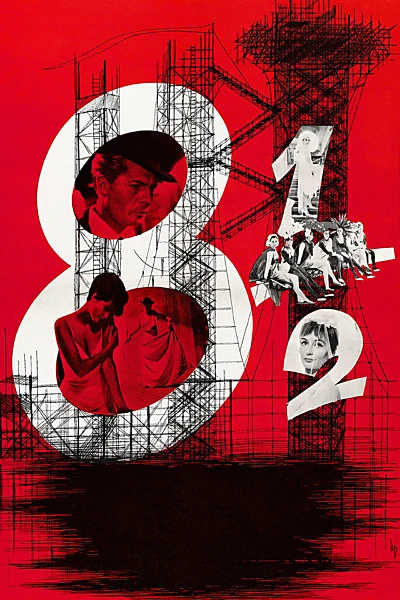
8½ (1963)

La Dolce Vita (1960)
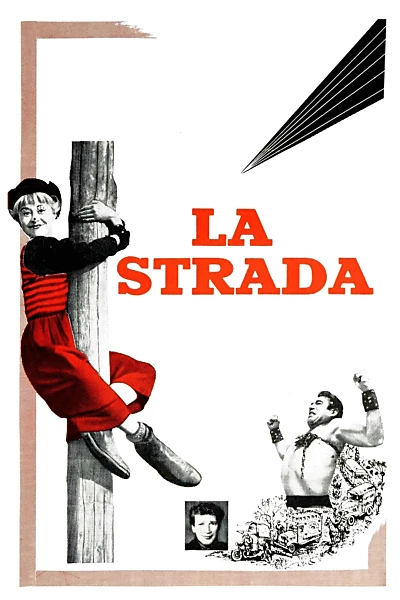
La Strada (1954)
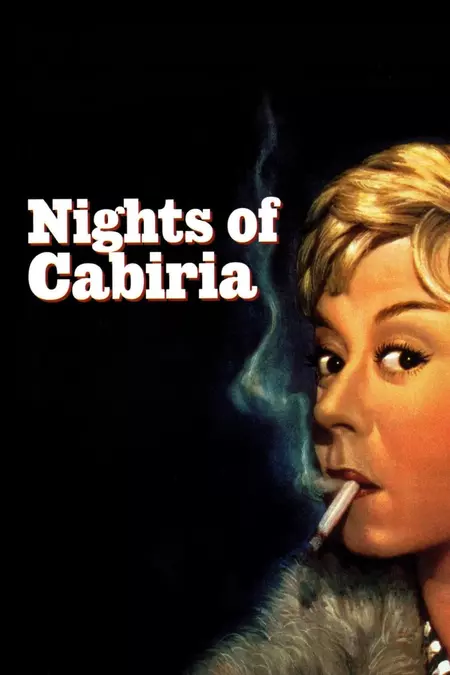
Nights of Cabiria (1957)
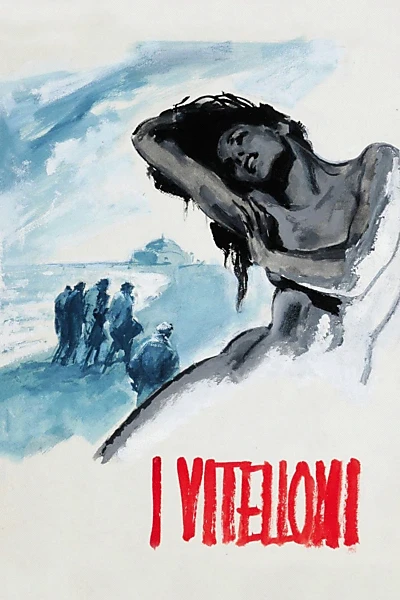
I Vitelloni (1953)

City of Women (1980)

Still Life (2006)
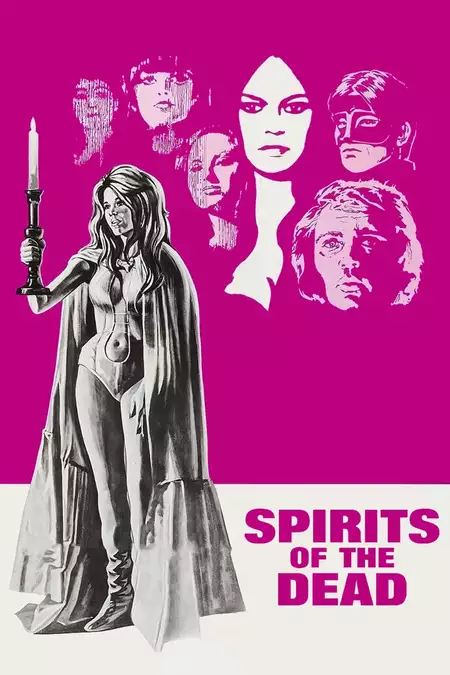
Spirits of the Dead (1968)
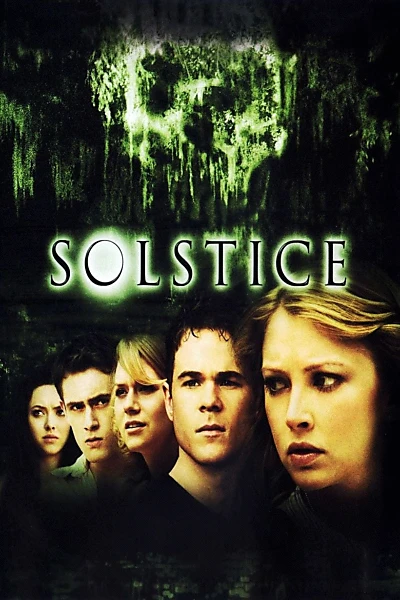
Solstice (2008)
Satyricon (1969)
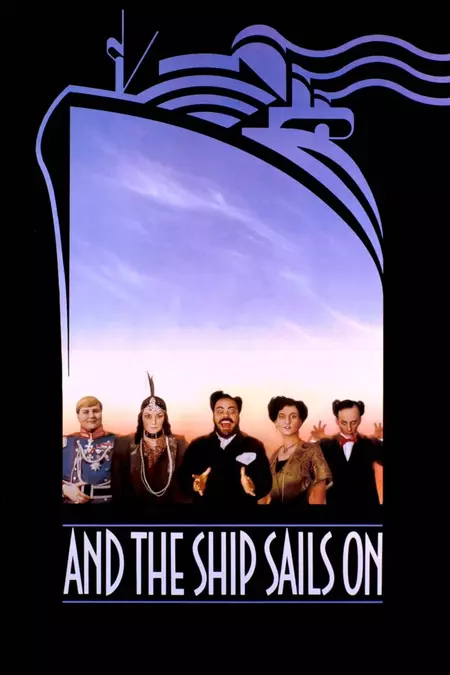
And the Ship Sails On (1983)

Only Angels Have Wings (1939)

Madaari (2016)

Fellini's Casanova (1976)

Amazing Grace (2018)
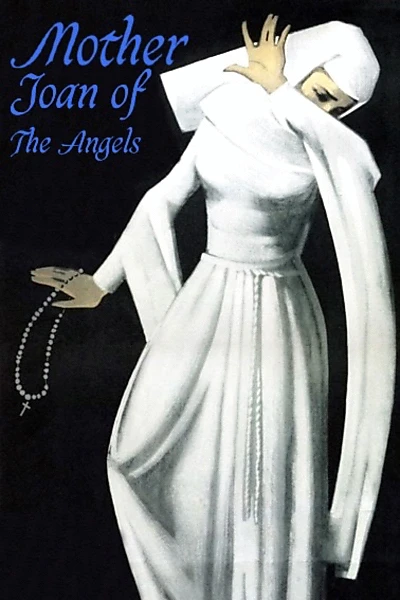
Mother Joan of the Angels (1961)

Berlin: Symphony of a Great City (1927)
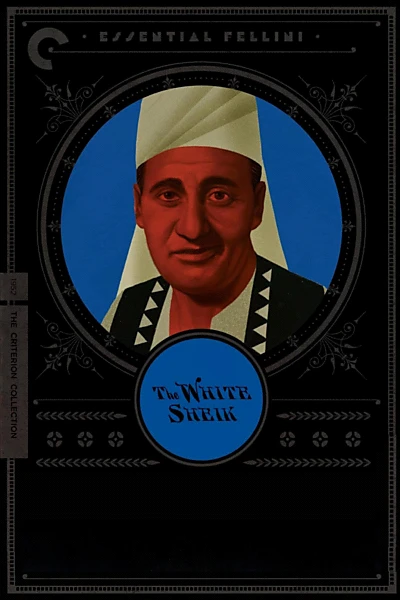
The White Sheik (1952)

The Stolen Children (1992)
